Design makes a welcome return to the Dakar Biennale, sounding a clarion call to Africa’s new creative generation
The Dakar Biennale 2024 (7 November – 7 December) includes design for the first time in 20 years; here are four designers to look out for and what the event means to them
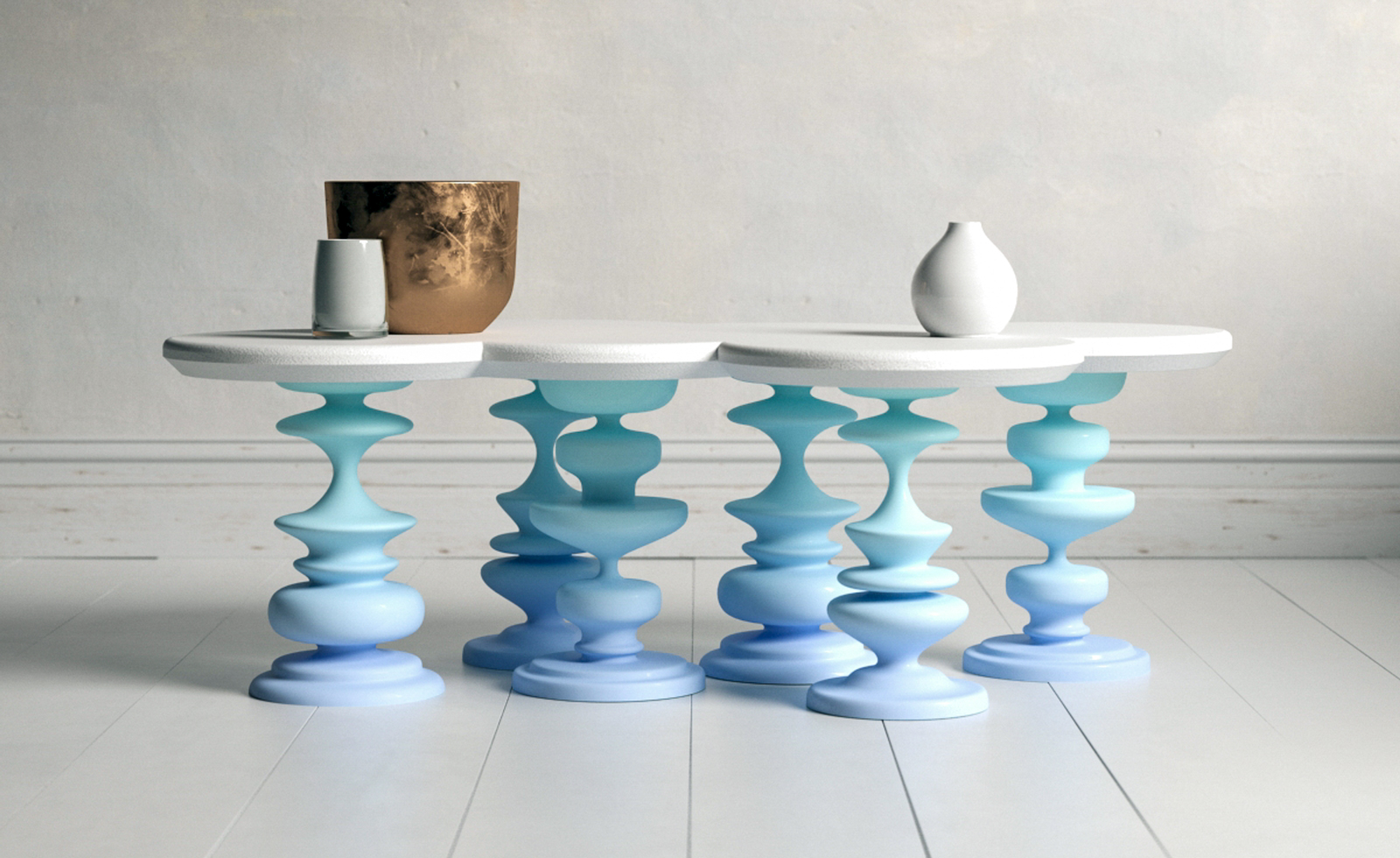
After a 20-year hiatus, design returns to the Dakar Biennale this year and, for curator Ousmane Mbaye, it comes at a pivotal time. ‘My curatorial practice is based on three aspects,’ he says. ‘A desire to do a design inventory in Africa; to record the materials being used; and to present the current generation of designers in Africa and its diaspora, and see their visions realised.’
Mbaye’s eponymous studio has long been at the forefront of changing design perceptions on the continent, and the 21 designers he has chosen to participate in this year’s biennale (the theme of which is ‘The Wake’) share similar intentions but varied methodologies. Speaking to four of them, it’s clear that the event promises to be an important moment on the continent.
Four designers to look out for at Dakar Biennale 2024
Younes Duret
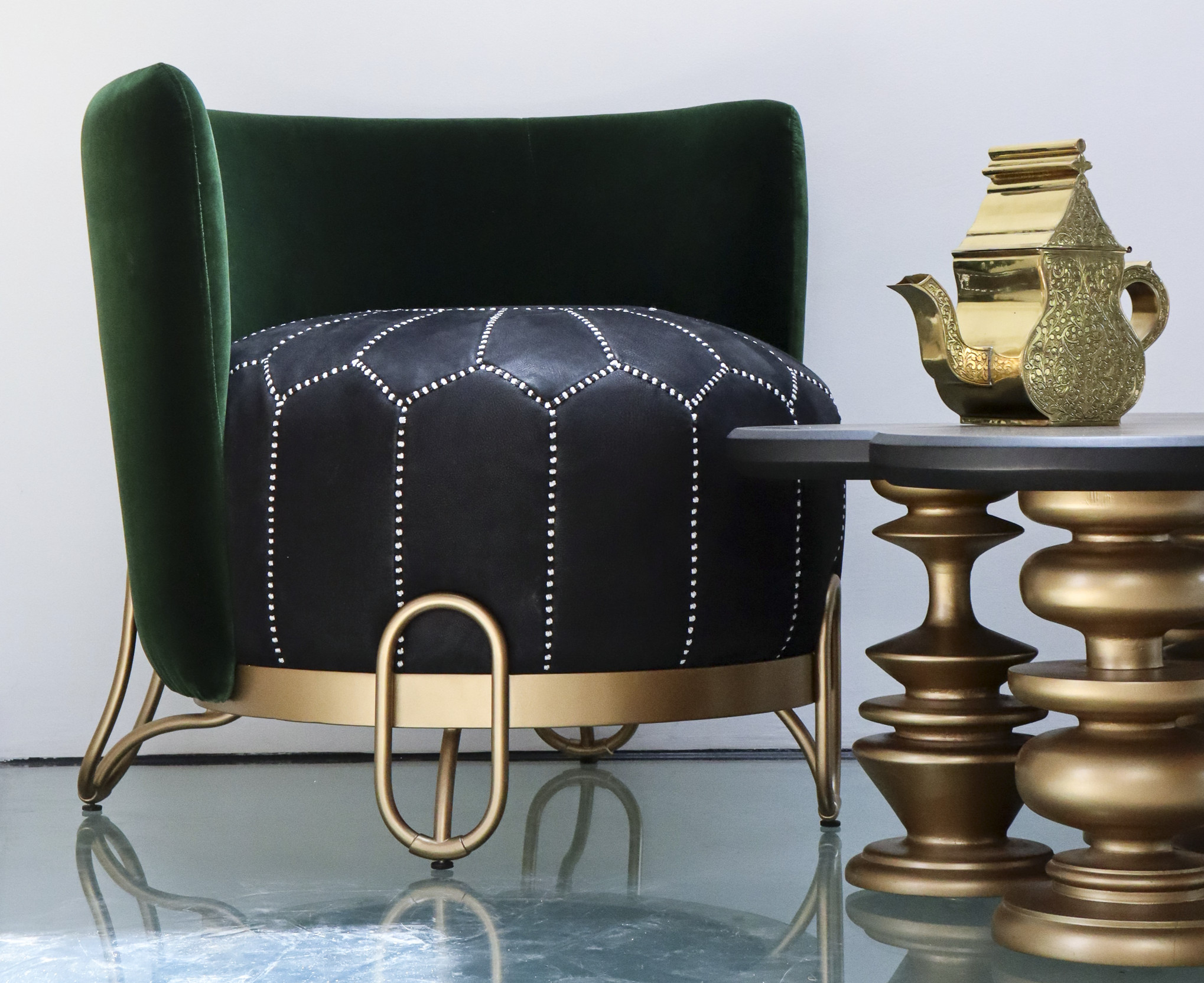
Younes Duret's ‘Chaise Pouf’, ‘Bildi’ teapot and ‘Raïma’ coffee table
‘My interest in design was awakened at the age of 12, thanks to the Nike Air 180,’ says the Marrakech-based Younes Duret. ‘Intrigued by the air bubble visible in the sneaker’s sole, I cut it open. From that day on, I dismantled all objects to understand how they worked.’ His curiosity transformed into a passion for creating new objects that not only serve a practical purpose, but also tell a story and convey a meaningful message, one that reflects his cultural heritage but with a contemporary gaze.
‘Among the pieces on display at Dakar is the “Bildi” teapot, a creation from 2006, marking the start of my career,’ he says. ‘This work transforms the classic teapot into a modern three-dimensional object, reflecting a fusion between tradition and modernity.’ Joining it is the ‘Raïma’ table, which, he says, is a ‘poetic celebration… exploiting traditional techniques such as wood lathe work.’
Faty Ly
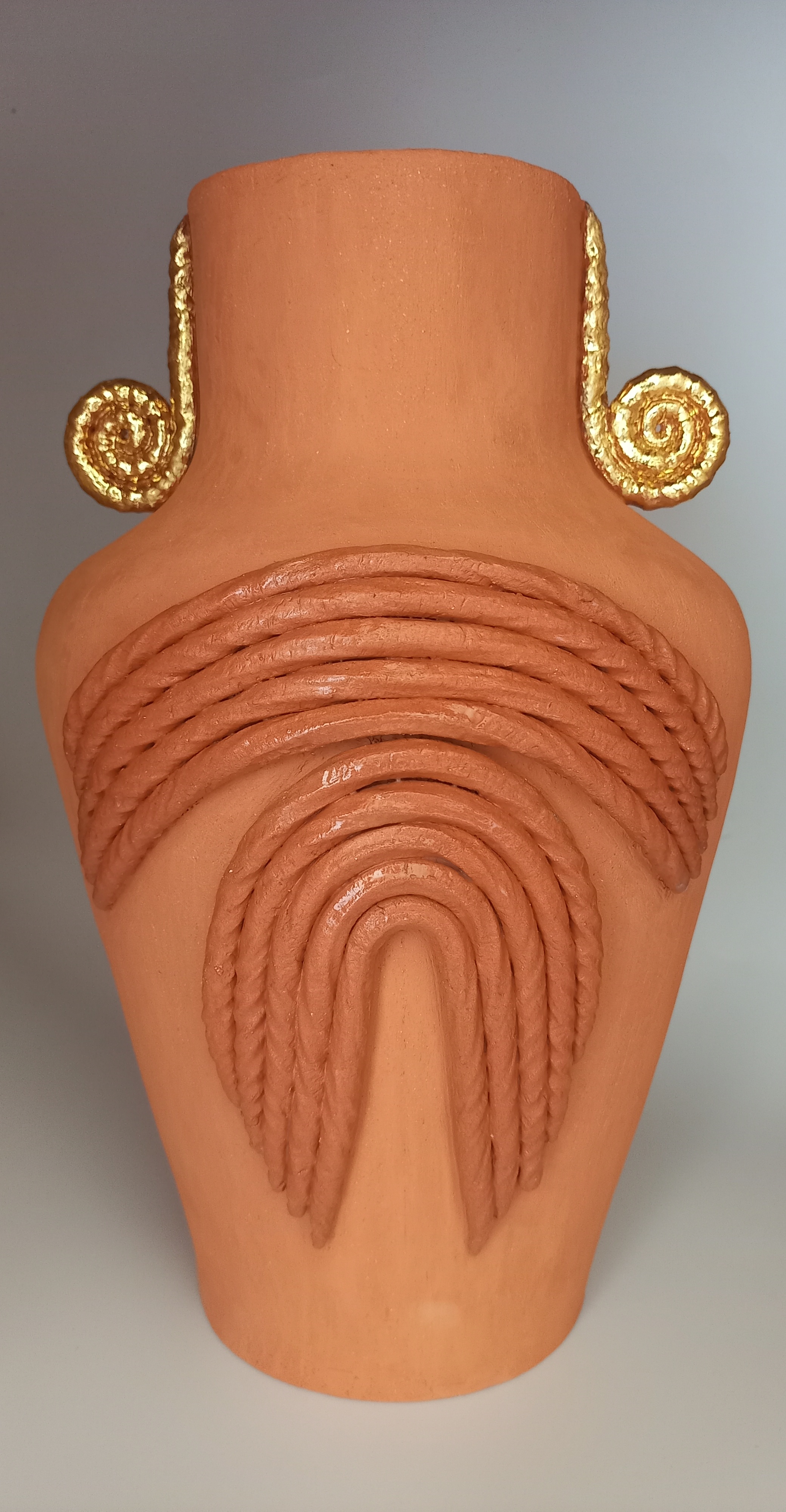
A piece from Faty Ly’s ‘Nguka’ series
For Faty Ly, participating in a biennale in her native Senegal is particularly poignant. After graduating from London’s Central Saint Martins in industrial design and ceramics, she founded her eponymous brand in 2015, producing porcelain pieces, referencing 1950s black and white photography, to tell stories from the African continent. ‘I use mixed techniques, making sculpted forms, inspired by Senegalese women, with pressed, textured coils that mimic traditional woven fabrics or hair strands,’ she says. Her work is underpinned by enduring themes about contributing to the collective memory. ‘Not all shared memories are collective memories. Distilling unfamiliar stories and materials can trigger cultural exchanges, social interactions, shift paradigms, and eventually create convergence between people.’
Charles O Job
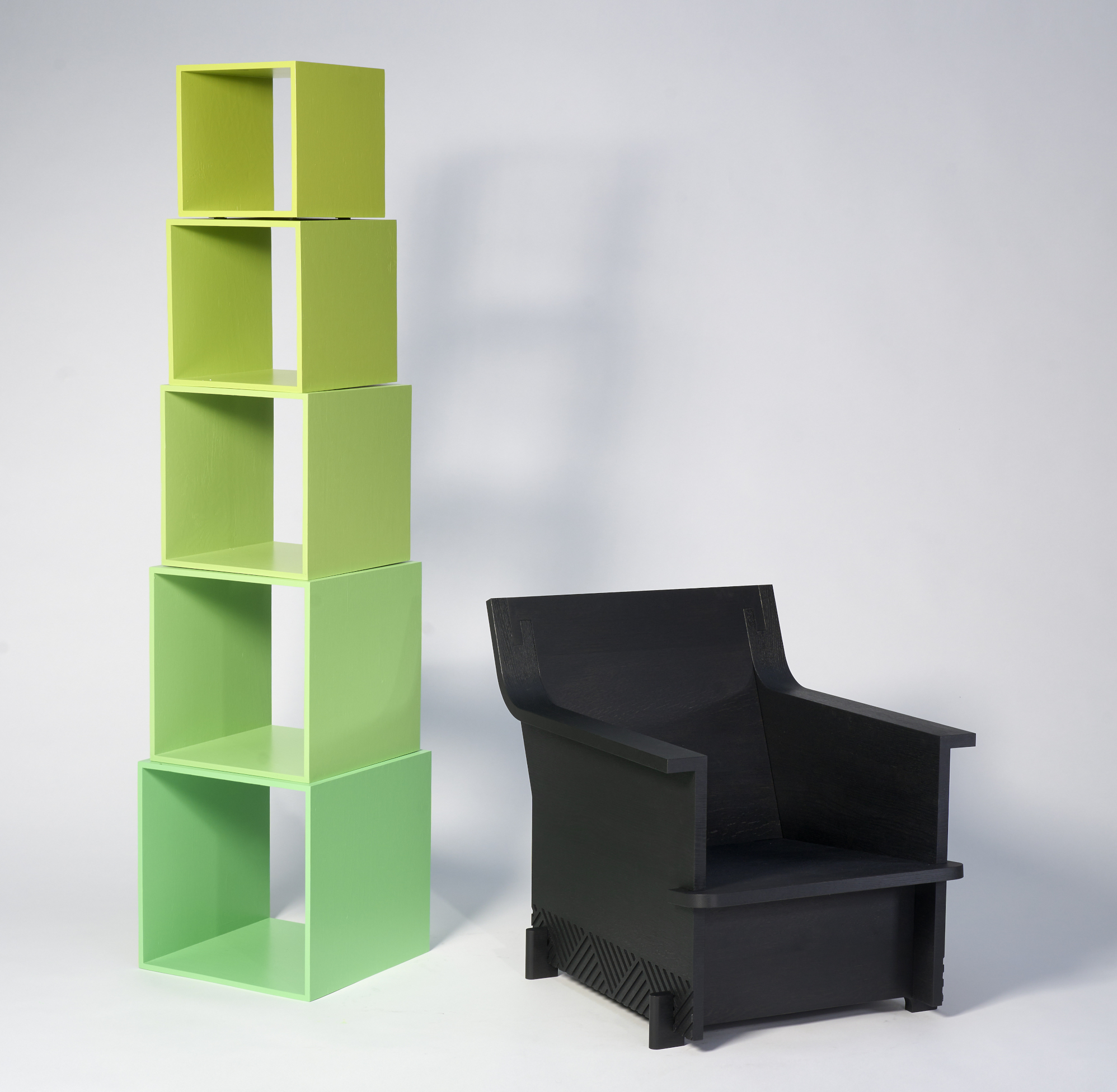
Charles O Job’s ‘Totem’ storage and ‘Planks’ armchair
For the Nigerian-born, Swiss-based designer Charles O Job, presenting in Dakar offered the twin opportunities of ‘meeting fellow designers, many of whom I only knew from publications’, and responding to the theme, which he likens to ‘concentric ripples on a body of water set off by a single impulse. The ripples resonate as a reaction, spreading the memories of the original impulse with them. I have interpreted this as passing on the baton, learning from our shared history.’
Explaining his design process, Job says, ‘I seek to solve everyday problems simply, rationally and attractively. Beautiful objects are loved, and what we love, we keep.’ Guided by these principles, he settled on the typology of ‘easily assembled furnishing elements’ common to many African cultures. ‘This is the original impulse,’ he says. ‘The resonating ripple that I’ll be presenting in Dakar are two pieces of furniture that carry the memory and tradition of ‘easily assembled’ furniture into the contemporary context’.
Wallpaper* Newsletter
Receive our daily digest of inspiration, escapism and design stories from around the world direct to your inbox.
Awa Meité

Awa Meité’s textile work
Malian designer and filmmaker Awa Meité views the biennale’s theme as an opportunity for a continent-wide creative reset. ‘It evokes a new beginning, a rebirth, an awareness of oneself in a global context that allows one to tell one’s own story, to take control of one’s destiny.’ Her textile explorations are rooted in personal preferences and a desire to gather and share knowledge. ‘I got into textile design out of necessity, I wanted to use fabrics and textiles that I love in my work.’ She views her textiles as ‘two sides of the same coin; one is a vibrant tribute to my cultural heritage, passing on know-how, gesture and so on; the other is to claim my presence in a global world with what is specific to me in order to own my own narrative’.
‘Design can create virtuous economic systems where everyone is a winner’
Ousmane Mbaye, design curator at Dakar Biennale 2024
The mood is resoundingly optimistic when assessing the design potential across the continent. Duret observes ‘a dynamic youth actively engaged in the design sector, and a movement strengthened by growing African solidarity’.
For Mbaye, the biennale is a clarion call for the creative communities: ‘The stakes of this exhibition are necessarily political and economic. Design can create virtuous economic systems where everyone is a winner.’ At the heart of this biennale is a desire to present a creative ecosystem that innovates, grows and sustains all its constituents, informing Africa’s new chapter.
The Dakar Biennale runs from 7 November-7 December 2024
biennaledakar.org
This article appears in the November 2024 issue of Wallpaper*, available in print on newsstands from 11 October, on the Wallpaper* app on Apple iOS, and to subscribers of Apple News +. Subscribe to Wallpaper* today
Mazzi Odu is a Ugandan-British writer, editor and cultural consultant based in Lagos, Nigeria. Her work focuses on jewellery, design, fashion and art. An alumna of the London School of Economics and Political Science, she has profiled a cross section of leading design talents and creative voices, with a special emphasis on those from the Global South and its Diaspora communities.
-
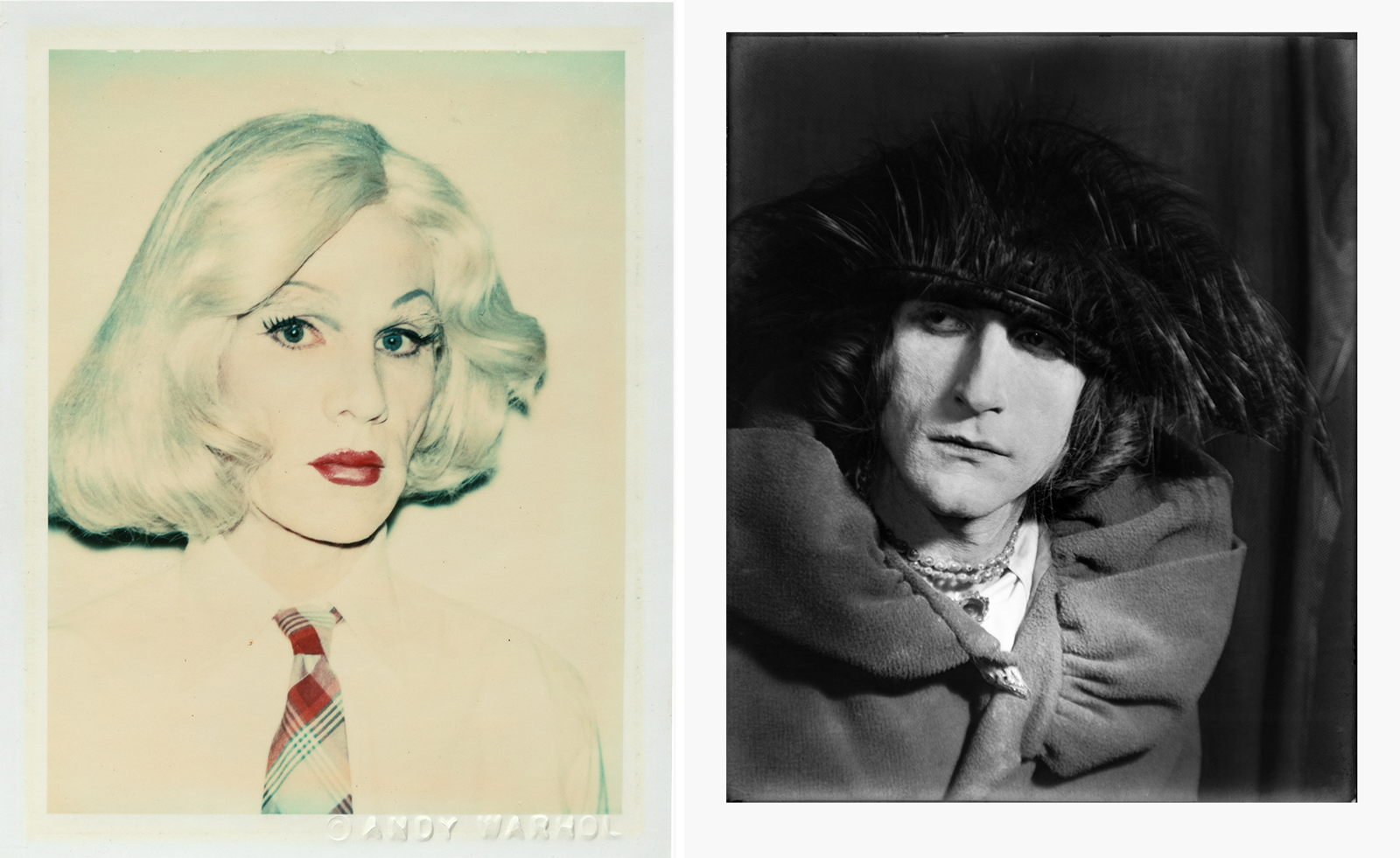 From Rembrandt to Warhol, a Paris exhibition asks: what do artists wear?
From Rembrandt to Warhol, a Paris exhibition asks: what do artists wear?‘The Art of Dressing – Dressing like an Artist’ at Musée du Louvre-Lens inspects the sartorial choices of artists
By Upasana Das
-
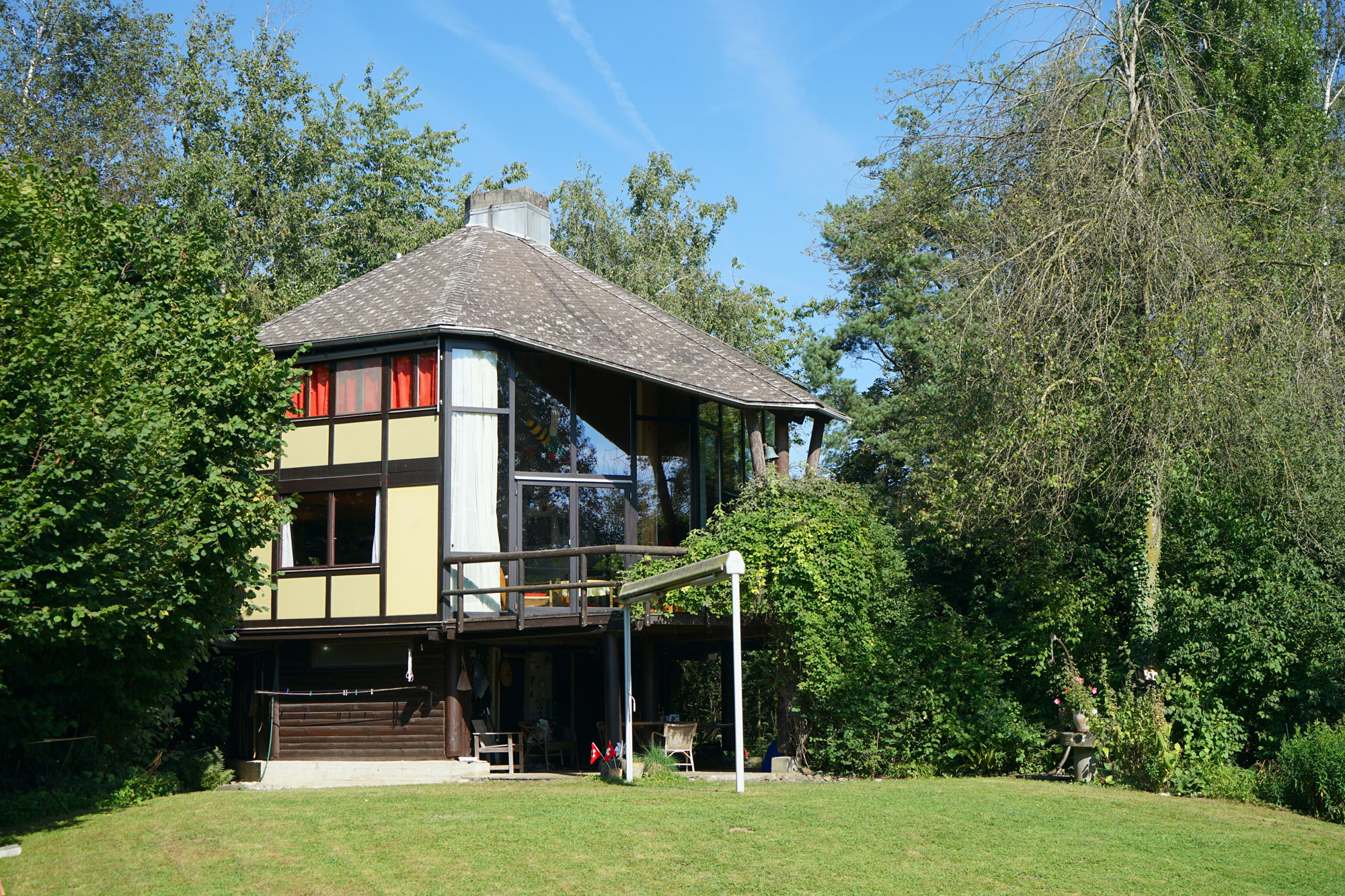 Meet Lisbeth Sachs, the lesser known Swiss modernist architect
Meet Lisbeth Sachs, the lesser known Swiss modernist architectPioneering Lisbeth Sachs is the Swiss architect behind the inspiration for creative collective Annexe’s reimagining of the Swiss pavilion for the Venice Architecture Biennale 2025
By Adam Štěch
-
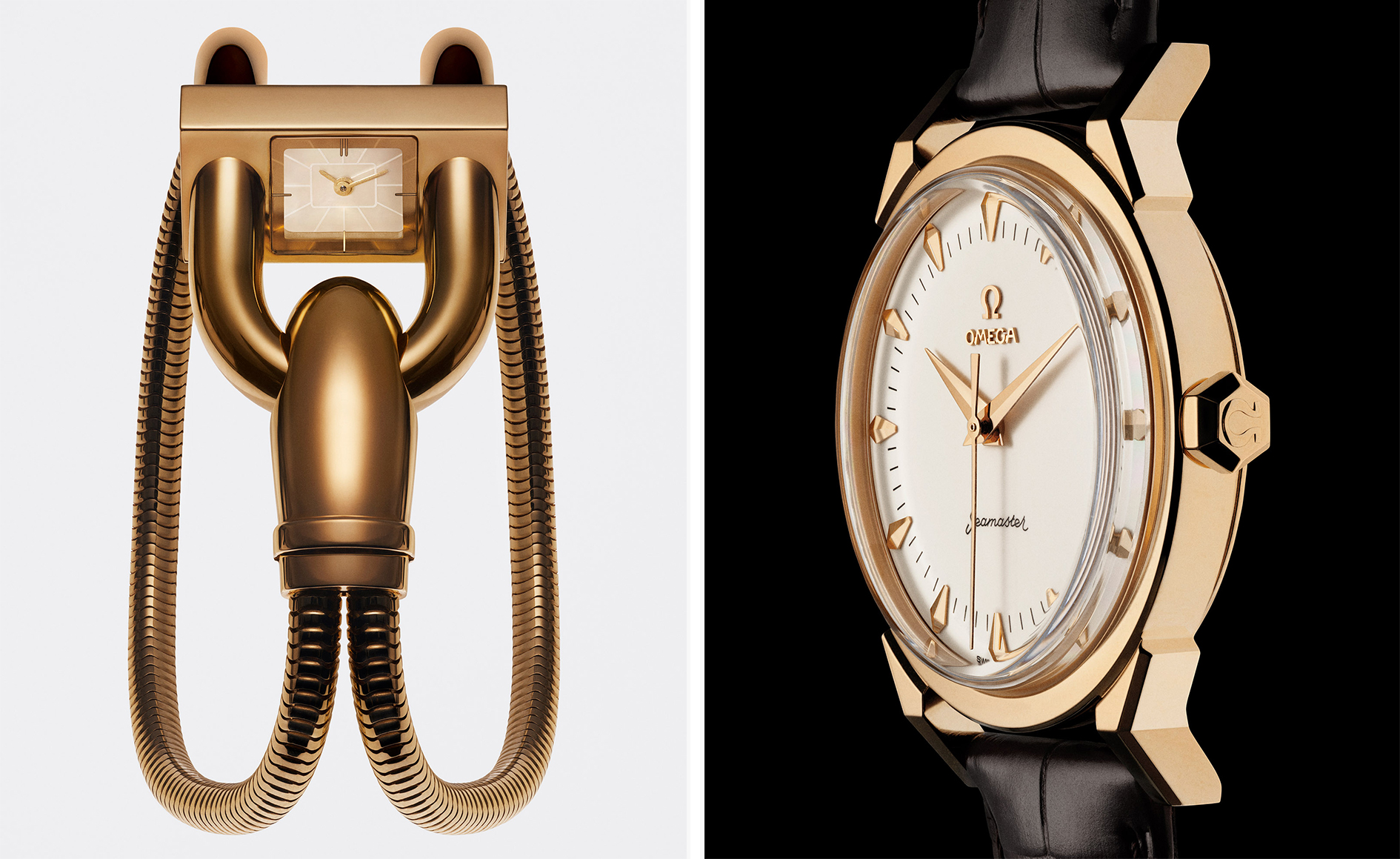 A stripped-back elegance defines these timeless watch designs
A stripped-back elegance defines these timeless watch designsWatches from Cartier, Van Cleef & Arpels, Rolex and more speak to universal design codes
By Hannah Silver